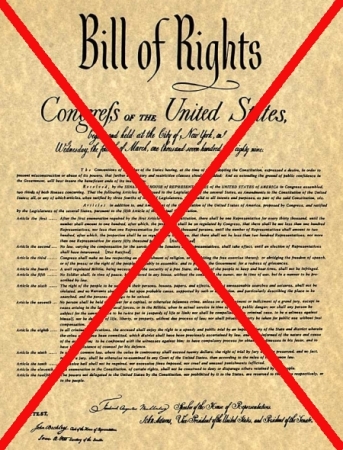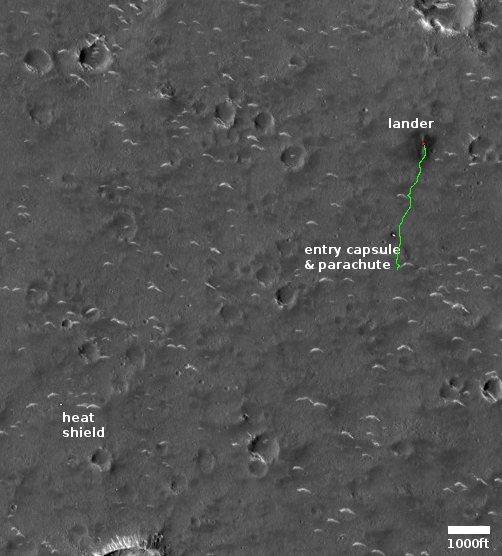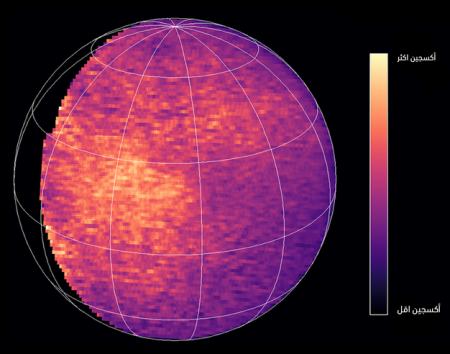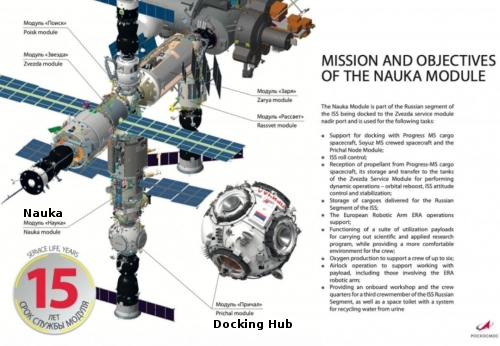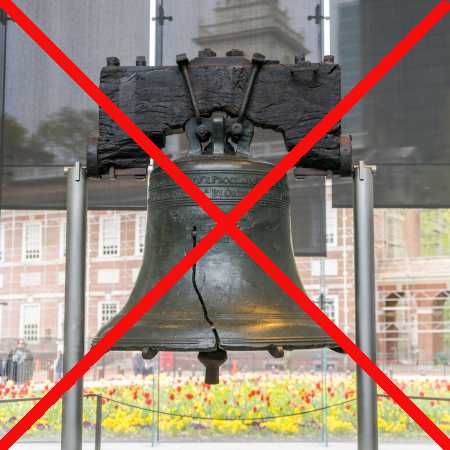Today’s blacklisted American: Cybersecurity experts want people fired for expressing unpopular opinions on line

Mao’s cultural revolution in 1966, what the leftists
at Respect in Security want for America and the world.
Persecution is now cool! A new project being developed by leftist cybersecurity experts calls for corporations to use their software to identify and fire individuals that their software identifies as having expressed what they define as “offensive” speech online.
Cancel Culture and Big Tech are a match made in hell, as cybersecurity experts call to target the livelihood of internet users who get too edgy online. “The initiative, called Respect in Security, was launched on Tuesday by two cybersecurity experts. According to the founders, several companies have already signed up,” Reclaim The Net reported. “For a lot of people, it’s a no man’s land,” founder Lisa Forte and Red Goat Cyber Security employee told the BBC. “It can feel like the platforms do nothing, the police don’t do a lot, lawyers are expensive and the publicity legal action generates can be negative.”
The BBC reported that co-founder and Trend Micro Vice President Rik Ferguson said “many companies had anti-bullying policies but they tended to focus on internal behaviour.” In what may be a reference to his Respect in Security program, he wrote a few weeks ago: “Inside my ‘Projects’ email folder resides a subfolder called ‘Kill Trolls’ and it is now only a couple of weeks away from becoming a real thing (sadly not with that name).”
Free speech advocates concerned about Ferguson and Forte’s work may have good reason to be. Forte explained her clear fix for people saying offensive statements via the internet: “The best solution we have, if the culprit is identifiable, is to approach their employer.” [emphasis mine]
It is bad enough that the big social media companies — Google, Facebook, Twitter — are routinely banning conservatives for expressing opinions or even facts they don’t like. Now the storm troopers above want to extend the blacklisting to get those same people fired for daring to speak their mind publicly. From another story:
» Read more

Mao’s cultural revolution in 1966, what the leftists
at Respect in Security want for America and the world.
Persecution is now cool! A new project being developed by leftist cybersecurity experts calls for corporations to use their software to identify and fire individuals that their software identifies as having expressed what they define as “offensive” speech online.
Cancel Culture and Big Tech are a match made in hell, as cybersecurity experts call to target the livelihood of internet users who get too edgy online. “The initiative, called Respect in Security, was launched on Tuesday by two cybersecurity experts. According to the founders, several companies have already signed up,” Reclaim The Net reported. “For a lot of people, it’s a no man’s land,” founder Lisa Forte and Red Goat Cyber Security employee told the BBC. “It can feel like the platforms do nothing, the police don’t do a lot, lawyers are expensive and the publicity legal action generates can be negative.”
The BBC reported that co-founder and Trend Micro Vice President Rik Ferguson said “many companies had anti-bullying policies but they tended to focus on internal behaviour.” In what may be a reference to his Respect in Security program, he wrote a few weeks ago: “Inside my ‘Projects’ email folder resides a subfolder called ‘Kill Trolls’ and it is now only a couple of weeks away from becoming a real thing (sadly not with that name).”
Free speech advocates concerned about Ferguson and Forte’s work may have good reason to be. Forte explained her clear fix for people saying offensive statements via the internet: “The best solution we have, if the culprit is identifiable, is to approach their employer.” [emphasis mine]
It is bad enough that the big social media companies — Google, Facebook, Twitter — are routinely banning conservatives for expressing opinions or even facts they don’t like. Now the storm troopers above want to extend the blacklisting to get those same people fired for daring to speak their mind publicly. From another story:
» Read more

